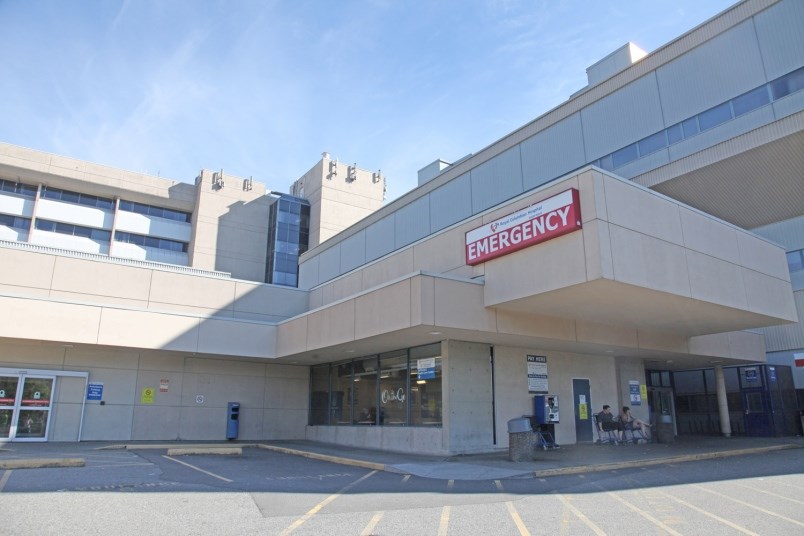Hundreds of thousands of dollars in new equipment and technology has been funded for Royal Columbian Hospital in recent months with the generosity of donors to Royal Columbian Hospital Foundation.
In partnership with Fraser Health and with the support of generous commitments from hospital physicians and donors throughout B.C., more than $600,000 has gone towards funding some of the hospital’s most urgent needs. These investments in patient care are benefitting a number of areas throughout Royal Columbian.
The hospital will be implementing new technology to pinpoint certain breast cancers. Radioactive Seed Localization (RSL) uses tiny metal radioactive “seeds” about the size of a grain of rice that are implanted into tumours that can’t be seen or felt. These seeds guide the surgeon to precisely locate the tumours and provides more comfort for the patient. Royal Columbian will be the first centre in BC to use this technology.
Donors have funded Transesophageal Echocardiography (TEE) transducers for open heart surgeries. TEE provides 3D visualization of the heart and allows for assessment of heart and valve function. The new transducers, or probes, have superior technology to enable crisper, more precise images. Royal Columbian Hospital performs more than 1,000 open heart surgeries every year, the most in British Columbia.
New microsurgical instruments, including microsurgical vessel clamps, are making microsurgical reconstruction, used to fix large wounds and defects resulting from trauma or oncology resection, safer, faster, and more reliable. Venous couplers to connect veins together are also reducing OR time, reducing patients’ risk of blood clots, and reducing the need for re-operation.
“Our stroke care team now has an innovative tool for the detection, classification, and risk evaluation of ischemic and hemorrhagic strokes,” said a news release. “The Rapid neuroimaging platform provides physicians with real-time, high-quality images of blood flow in the brain to help them make optimal treatment decisions for our stroke patients. RCH is the cornerstone of a 24/7 Acute Stroke Team designed for fast, centralized and comprehensive stroke support for stroke patients.”
For RCH’s laboratory, an automated pre-transfusion testing analyzer is helping to ensure safe, timely provision of blood to patients requiring blood transfusions. These include trauma patients, critical care patients, and patients requiring surgery and chemotherapy. RCH has the busiest transfusion medicine laboratory in our region.
The Foundation also funded a point of care ultrasound machine for our Emergency Department, an essential part of emergency care. Point of Care ultrasound machines are used to rapidly diagnose life threatening conditions, provide important diagnostic information that augments physical exams, and improve the safety and success rate of procedures. They are also an important research and teaching tool.



